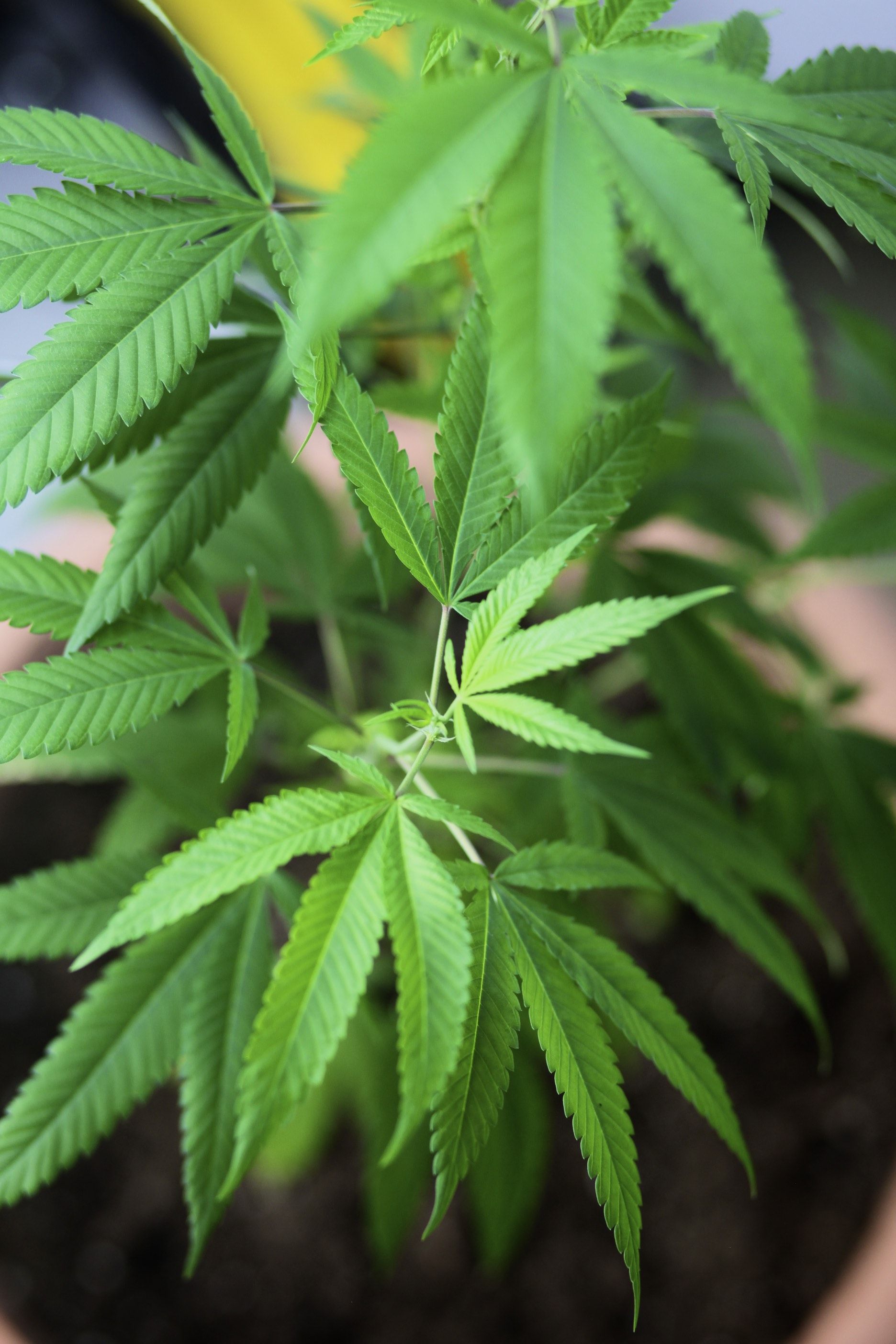A few years ago, as I was driving through the Swiss countryside I was surprised to smell the unmistakable pungency of cannabis. Indeed, the cultivation of cannabis with a less than 1% level of THC (the molecule responsible for its narcotic effect) has been legal here since 1995. This outdoor cultivation was for the production of CBD (Cannabidiol) based products.
There are two molecules of importance when it comes to the classification and use of cannabis:
- THC – Tetrahydrocannabinol. In Switzerland, for example, products made from cannabis plants that contain very little THC (less than one per cent) can be bought and sold legally. Technically the Cannabis sativa plant that produces this low THC is known as hemp and not marijuana. However, THC is used in medical practice primarily for chronic pain conditions (e.g., neuropathic or cancer-induced pain); spasticity and convulsions caused by multiple sclerosis or other neurological diseases; and nausea as well as loss of appetite as a result of chemotherapy. Its use is carefully controlled by Swissmedic.
- CBD – Cannabidiol. This doesn’t have a psychoactive effect but has therapeutic potential. These products are not subject to the Narcotics Act (Switzerland). The range of CBD-containing products is extensive. It includes raw materials such as cannabis buds or powder with a high CBD content, extracts in the form of oils or pastes and ready-to- use products such as capsules, food supplements, liquids for e-cigarettes, smoked tobacco substitutes, scented oils, chewing gums and ointments.
Most cannabis production in Switzerland take place indoors, the plants require very careful monitoring to ensure their optimum health and yield. Also to ensure that the plant stays legal, growers monitor plant health while buds form, as the same species of plant can produce the desired CBD or the illegal amounts of THC. This means monitoring water and heat stress, CO2 levels, light cycles, nutrient deficiencies and pests, and the moment of harvest.
Swiss cannabis growers face a potential boom in the coming years. A revision in the Swiss law means that from 2022, the cultivation, processing, production, and trade of medical cannabis will become more liberalized. The commercial export of cannabis for medical purposes will be legalized. This will create economic prospects for domestic growers of the raw materials and specialized manufacturers of herbal medicines. In parallel, the regulations for seed and planting material are to be revised. This should also simplify the cultivation of medical cannabis in agriculture.
Switzerland may also eventually legalise cannabis for recreational use. If this were to happen, the Swiss National Council would want the cannabis to be locally grown and organic.
Because of the historical nature of the cannabis sector, growers have not had access to the same level of research, equipment, digitisation and mechanisation as growers in the food or ornamental plant sectors. These growers are catching up quickly and some of them are very well financed by US and Canadian backers who have had a head start in this market.
At Vivent we are taking a pragmatic approach to supporting cannabis growers. Our technology can help them to safely grow their plants, monitoring biotic and abiotic stresses which can affect the chemical composition of the plant and therefore their ability to sell their crop safely and legally.
For more information please contact us.
Related links: Data-driven sustainably grown cannabis and supporting standardisation of the sector

